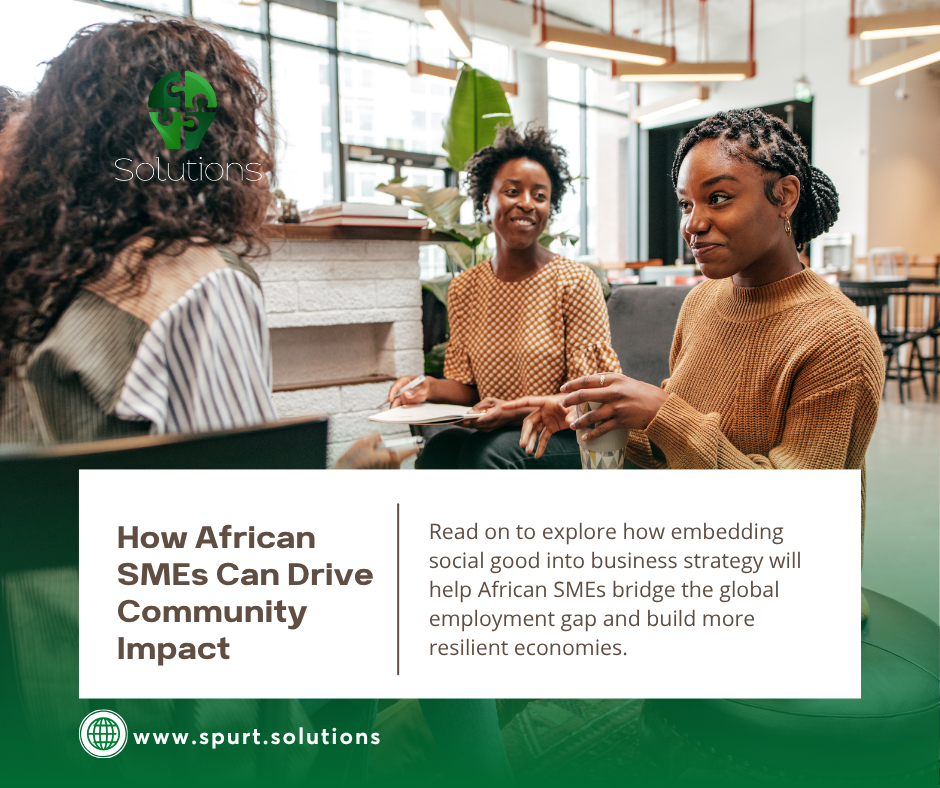A Case For Partnerships and Synergies in MSMEs Across Africa.
In our earlier article on the role of MSMEs in driving Africa’s economic growth, we tackled the impact of the micro, small and medium enterprises in employment creation, poverty alleviation, GDP growth and government taxes.
We however noted that despite their significance in the growth of African economies, there’s still a long way to go in creating conducive environments for the ventures to grow and crucial structures to allow for the realization of efficiencies.
According to the World Bank, there are 365 to 445 million MSMEs in the emerging markets with an expectedly significant number of these enterprises concentrated in Africa.
As it was duly noted in our previous article, MSMEs are facing an uphill battle in access to finance, the multiplicity of tax, inadequate skills and training.
A study by International Finance Corporation estimates the funding gap for formal MSMEs to be a staggering $100 billion across the continent. With such telling figures being put into perspective, it is clear that the solution to solving most of the pertinent challenges facing MSMEs would not solely lie with one stakeholder.
There’s a serious need for a tri-sector partnerships approach involving the public sector, the private sector and non-profits.

Around August in 2020, MasterCard Foundation announced a series of key partnerships aimed at bringing relief to MSMEs that were direly affected by COVID-19 aftershocks in Kenya.
The partnerships covered key players such as Kenya Private Sector Alliance (KEPSA), WomenWork Network, Kenya National Chamber of Commerce and Industry and TechnoServe, with technical support from Grassroots Business Fund and 4G Capital. This powerful partnership brought together $15 million aimed towards ensuring business continuity at MSMEs.
Aside from funding, there’s certainly a case to be made for leveraging these partnerships in the following areas to ensure the MSMEs are getting the full force of the helping hand.
While MSMEs getting support would go a long way, other players participating in the partnership also stand to benefit.
For instance, parties in the partnership for support of MSMEs could be purely strategic leading to improved relationships with communities and the government, branding benefits with immediate are long term commercial value, increased compliance with government regulations and promoting a more vibrant and diverse local economy which leads to a more conducive environment for doing business.





